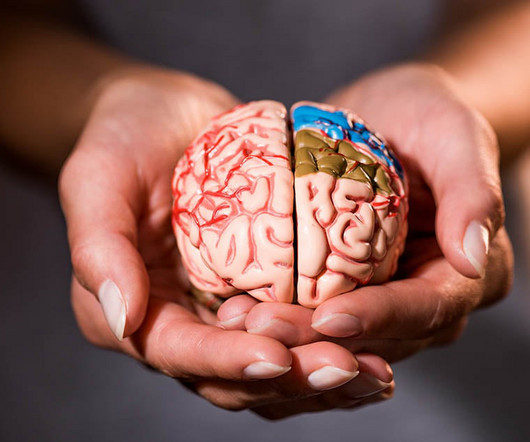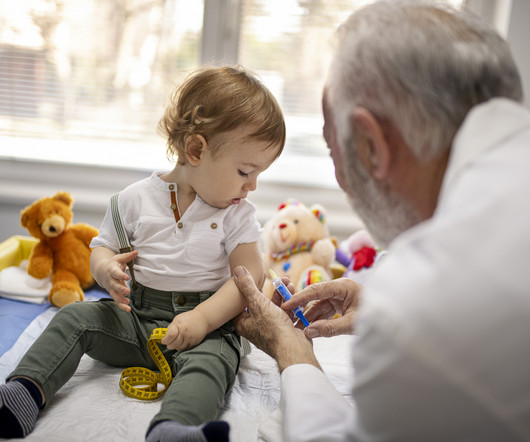From the Dopamine Theory to the Outcomes Paradox
Mad in America
APRIL 6, 2024
The above isn’t intended as definitive, but to provide a bit of background on the outcomes debate and some illustrative context for what follows. This was widely taken by psychiatrists as supporting biochemical intervention with the use of ‘antipsychotics’ at the earliest opportunity. My arguments here won’t rely on it.












Let's personalize your content